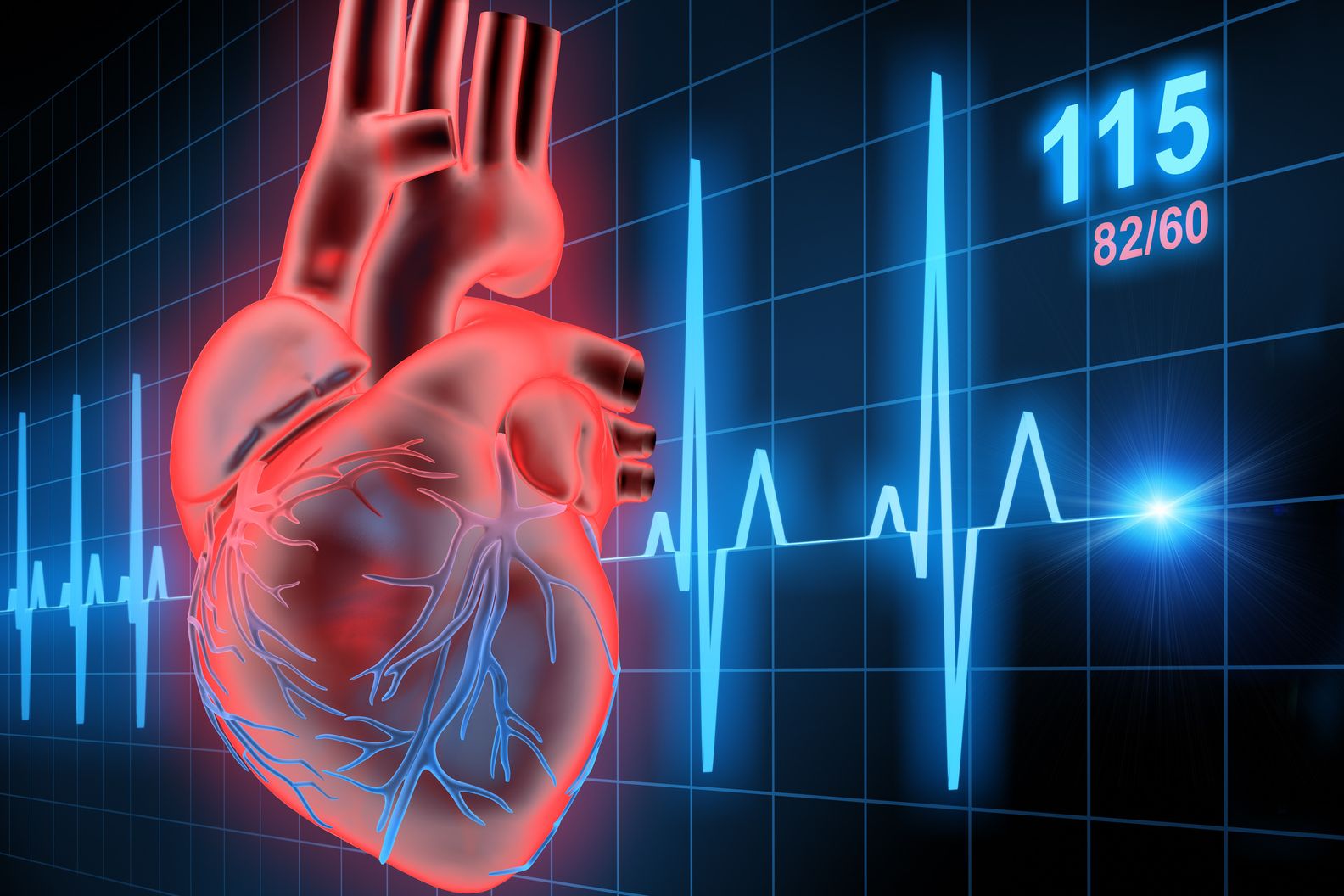
(Vienna, 16 January 2017) Atrial fibrillation, which is the most common cardiac arrhythmia, is an important risk factor for strokes. A multi-centre study led by MedUni Vienna shows that the prevalence of atrial fibrillation in haemodialysis patients in Vienna is significantly higher than previously thought. Moreover, only half of the patients affected are treated with an anticoagulant.
Atrial fibrillation is an important risk factor for strokes. In patients with end-stage kidney disease, who require renal replacement therapy by haemodialysis, the prevalence of atrial fibrillation has hitherto been underestimated. There is also a lack of scientific clarity as to whether haemodialysis patients with atrial fibrillation benefit from anticoagulation therapy to prevent strokes or whether the benefits are outweighed by the risk of bleeding.
The prevalence of atrial fibrillation in haemodialysis patients in Vienna is 26.5%, much higher than the internationally estimated 10 – 15%. This was the conclusion of a multi-centre study led by Oliver Königsbrügge, Ingrid Pabinger and Cihan Ay from the Division of Haematology and Haemostaseology of the Department of Medicine I, in collaboration with Marcus Säemann of the 6th Medical Department of the Wilhelminen Hospital and the dialysis units of the Vienna General Hospital, Danube Hospital, Kaiser Franz Josef Hospital, Hietzing Hospital, Rudolf Foundation Hospital and the Vienna Dialysis Center. In the study, which goes by the acronym VIVALDI (Vienna InVestigation of AtriaL fibrillation and thromboembolism in hemoDIalysis patients), the researchers investigated the clinical-scientific conflict regarding the risk of stroke and thromboembolic complications in patients on haemodialysis, especially those with atrial fibrillation.
In the current project, which was recently published in the journal PLOS ONE, the scientists analysed a cohort of 626 patients to provide a representative sample of the entire Viennese dialysis population of around 850 people and conducted direct patient surveys and extensive research of medical records to obtain a much more accurate picture of the prevalence of atrial fibrillation than was possible in previous studies using decentralised national registers or insurance company databases.
"We found that the prevalence of atrial fibrillation increases with age and is particularly common in male patients," reports lead author Oliver Königsbrügge, "but, despite the risk of stroke associated with atrial fibrillation, only half of those affected are being treated with an anticoagulant."
Marcus Säemann, Head of the 6th Medical Department of the Wilhelminen Hospital, says: "Atrial fibrillation is extremely common in dialysis patients, giving rise to an above-average stroke risk. However, so far there have been no satisfactory guidelines for providing adequate treatment for this common morbidity.” The lead investigator Cihan Ay further explains: “It is more difficult to treat the stroke risk with anticoagulants in dialysis patients, because they have a much greater risk of bleeding and many of the new drugs for stroke prevention are not licensed for patients on haemodialysis.” The current study addresses a cross-disciplinary internistic problem and identifies the underestimated role of the concomitant disease atrial fibrillation when it comes to the care of patients with end-stage kidney disease.
Renate Klauser-Braun, Head of the 3rd Medical Department of Danube Hospital, says: "The available treatments for preventing the complications of atrial fibrillation, especially strokes, in people with healthy kidneys are contraindicated for patients on dialysis or are problematic, because of the complex clinical picture, so that further treatment and antithrombotic prophylaxis must be decided on a case-by-case basis. Our study underscores the importance of this concomitant disease for patients on dialysis."
Subsequent investigations conducted as part of the VIVALDI study will prospectively examine risk factors for thromboembolism, stroke, and bleeding.
Service: PLOS ONE
Prevalence of atrial fibrillation and antithrombotic therapy in hemodialysis patients: Cross-sectional results of the Vienna InVestigation of AtriaL fibrillation and thromboembolism in patients on hemoDIalysis (VIVALDI)
Oliver Königsbrügge, Florian Posch, Marlies Antlanger, Josef Kovarik, Renate Klauser-Braun, Josef Kletzmayr, Sabine Schmaldienst, Martin Auinger, Günther Zuntner, Matthias Lorenz, Ella Grilz, Gerald Stampfel, Stefan Steiner, Ingrid Pabinger, Marcus Säemann, Cihan Ay.